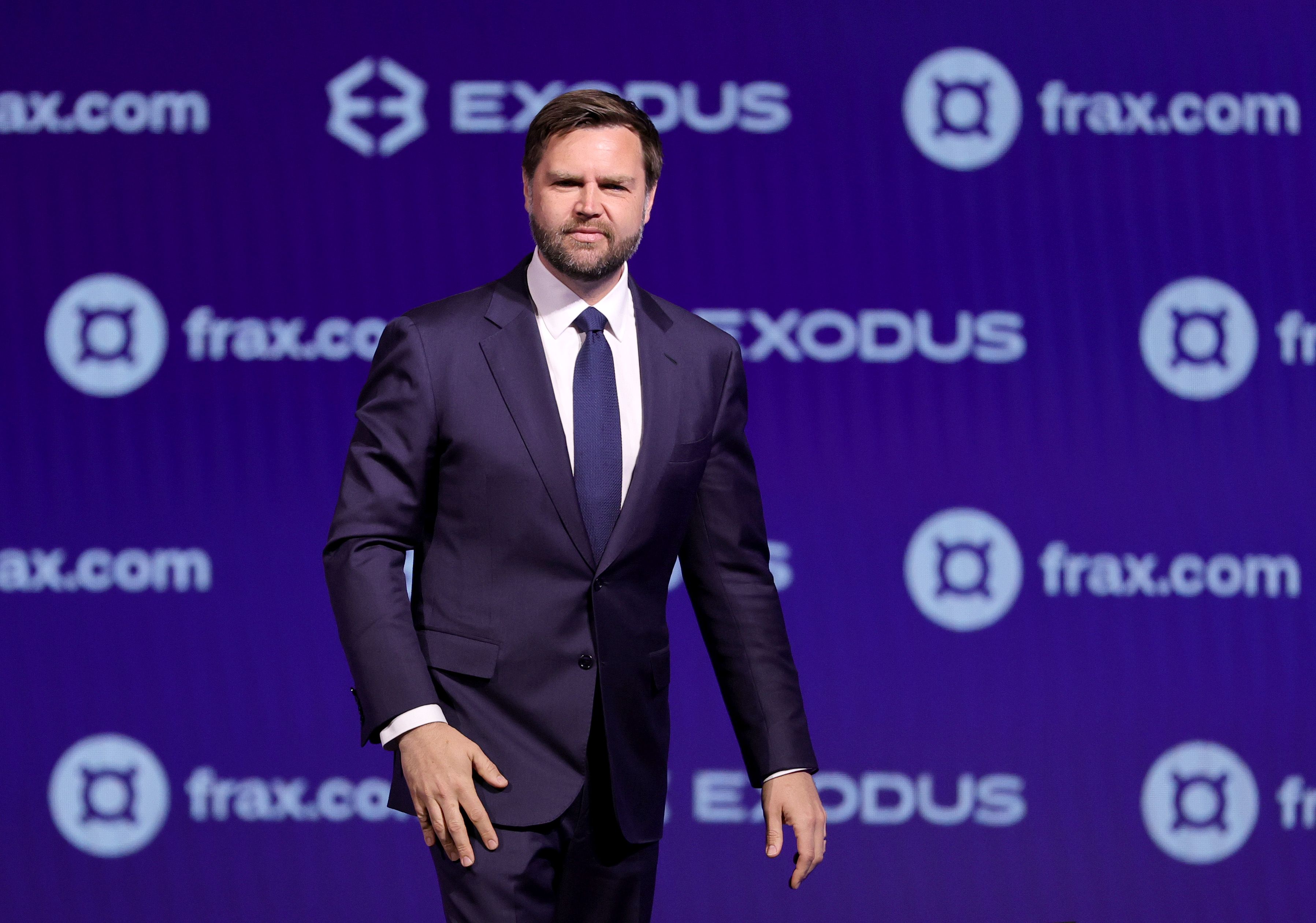Many of the trends and ideas that shape America come to California first, so it’s worth noting that the state has introduced a big tech upgrade at its Department of Motor Vehicle. As Fortune was first to report, the agency is in the final stages of replicating its title database on the Tezos blockchain and expects to launch consumer-facing applications tied to the blockchain within three months.
In practice, this means California drivers will soon be able to hold their car titles as NFTs in their digital wallets and the DMV will be streamlining the cumbersome process of title transfers. Based on comments from the agency’s chief digital officer and from the software firm overseeing the project, the initiative sounds serious—and potentially transformative.
If millions of Californians start relying on blockchain to track ownership of their cars, other states will soon follow suit, and the crypto industry will finally be able to point to a major real-life use case for the technology. If this transpires, it’s not hard to see other agencies and institutions—think land title offices and university transcript departments—likewise adopting blockchain.
Most significant of all, California’s DMV project could lead to a breakthrough in the field of digital identity. For a decade now, crypto boosters have hailed blockchain as a way to stop relying on data-gobbling companies like Google and Facebook to log in to websites—and instead rely on the privacy protections offered by blockchain to enjoy a “sovereign” identity on the web. Until now, the “sovereign identity” dream has been pie-in-the-sky since, at the end of the day, it is the state and not some crypto startup that has ultimate authority on confirming you are who you claim to be. If California decides to expand the DMV blockchain program, it could mean that it will be possible to rely on tools like zero knowledge proofs to prove things like your age or identity without disclosing a raft of other personal details.
Yes, there’s no guarantee this will come to pass and the California DMV project could fizzle, especially as states have previously announced blockchain projects that amounted to little. Vermont, for instance, announced it would put land titles on the blockchain in 2018 and this has so far appeared to make little difference to the lives of homeowners there or anywhere else.
Still, this time feels different. Blockchain technology has evolved and California has a history of introducing major innovations for its massive population that spread to the rest of the world. If it pulls this off, many of us could be carrying NFTs of our driver’s licenses in 5 years.
Jeff John Roberts
jeff.roberts@fortune.com
@jeffjohnroberts
DECENTRALIZED NEWS
Rising Democratic star Ritchie Torres is using his home District of the Bronx to make the progressive case for crypto. (Fortune)
An unconfirmed report claims Amazon is poised to launch an NFT market using the Avalanche blockchain. (Blockworks)
Yuga Labs said it does not have copyright registrations for its thousands of Bored Apes, undermining its lawsuit against an artist. (ArtNews)
A judge granted bankrupt FTX permission to end endorsement deals with the likes of model Gisele and MLB star Shohei Ohtani. (Bloomberg)
An examination of “DeWi” by Matt Levine suggests projects like Helium that seek to provide hotspots in exchange for crypto are intrinsically Ponzi schemes. (Bloomberg)
MEME O’ THE MOMENT
This is the web version of Fortune Crypto, a daily newsletter. Sign up here to get it delivered free to your inbox.
Read More: news.google.com









 Bitcoin
Bitcoin  Ethereum
Ethereum  Tether
Tether  XRP
XRP  Solana
Solana  USDC
USDC  Dogecoin
Dogecoin  Cardano
Cardano  TRON
TRON  Lido Staked Ether
Lido Staked Ether  Wrapped Bitcoin
Wrapped Bitcoin  Sui
Sui  Hyperliquid
Hyperliquid  Wrapped stETH
Wrapped stETH  Chainlink
Chainlink  Avalanche
Avalanche  Stellar
Stellar  Toncoin
Toncoin  LEO Token
LEO Token  Shiba Inu
Shiba Inu  Bitcoin Cash
Bitcoin Cash  Hedera
Hedera  Litecoin
Litecoin  WETH
WETH  USDS
USDS  Polkadot
Polkadot  Monero
Monero  Wrapped eETH
Wrapped eETH  Bitget Token
Bitget Token  Binance Bridged USDT (BNB Smart Chain)
Binance Bridged USDT (BNB Smart Chain)  Pepe
Pepe  Pi Network
Pi Network  Ethena USDe
Ethena USDe  Coinbase Wrapped BTC
Coinbase Wrapped BTC  WhiteBIT Coin
WhiteBIT Coin  Uniswap
Uniswap  Aave
Aave  Bittensor
Bittensor  Dai
Dai  NEAR Protocol
NEAR Protocol  Aptos
Aptos  OKB
OKB  Jito Staked SOL
Jito Staked SOL  Tokenize Xchange
Tokenize Xchange  BlackRock USD Institutional Digital Liquidity Fund
BlackRock USD Institutional Digital Liquidity Fund  Ondo
Ondo  Cronos
Cronos  Internet Computer
Internet Computer  Ethena Staked USDe
Ethena Staked USDe